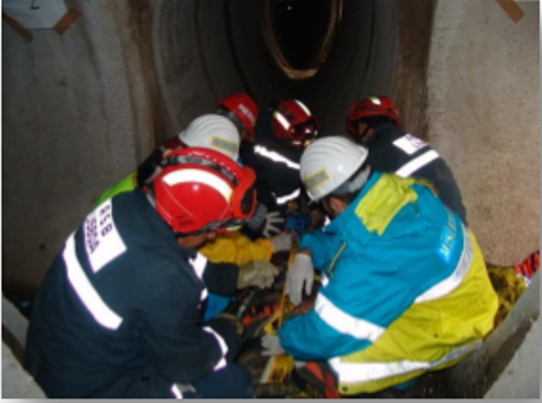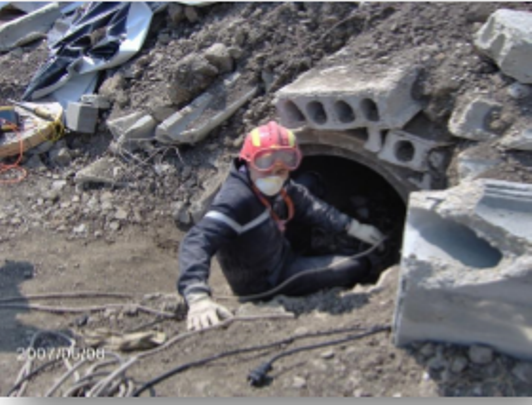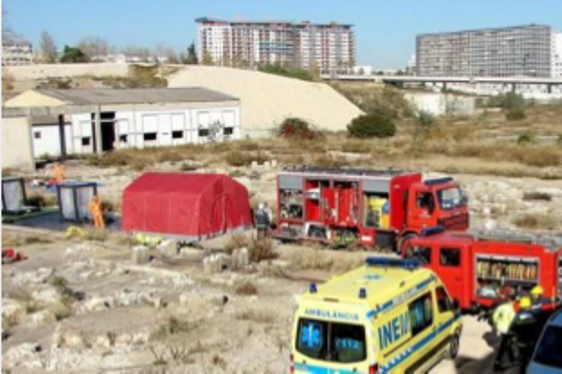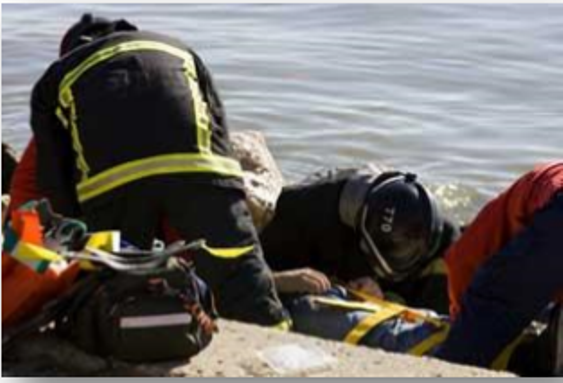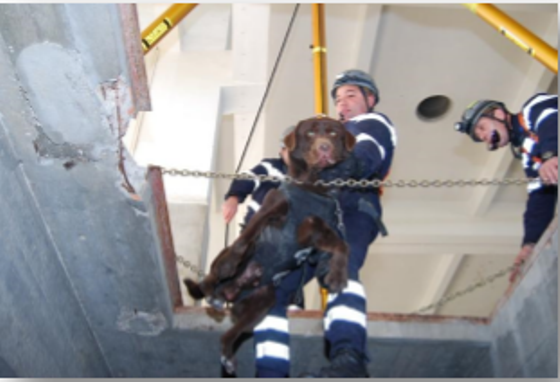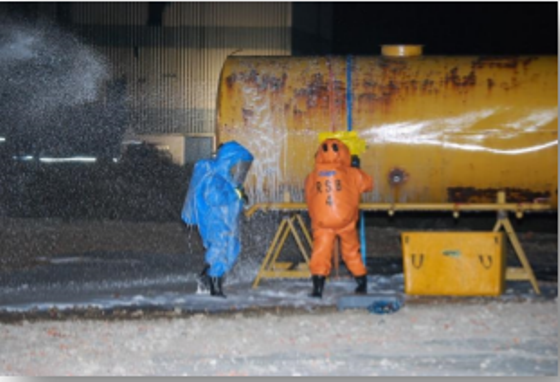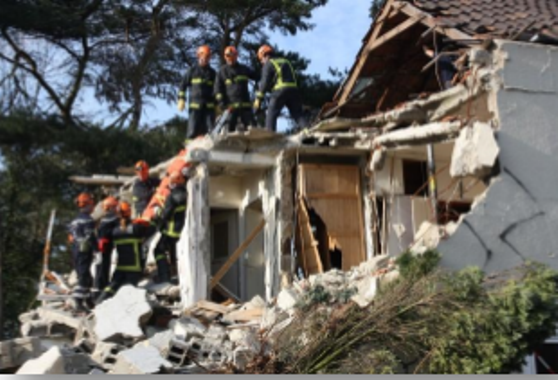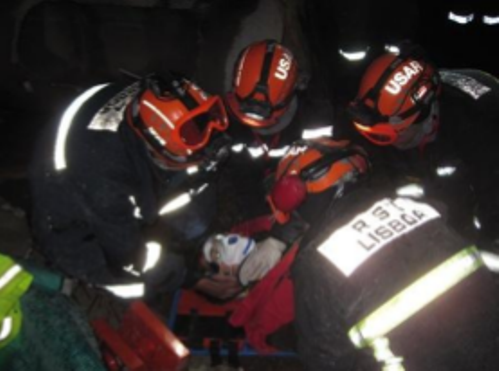Intervention Capacities
Portugal
The Regiment Fire Brigade (RSB in PT) is a municipal administration of the Lisbon City Council that guarantees the protection of people and property in the city.
It has three main organizational structures: General Staff Organs, General Support Bodies and Execution Bodies, consisting of three battalions divided into six companies, with eleven station of intervention and one company of command and services, which carry out all activities of a operational character. The RSB, in its organizational structure, also counts with a training school for the professional firefighters of Lisbon.
The 1112 Operational Framework ensures all operations in which is involved.
It is incumbent upon the RSB to carry out its activity as a special body of full-time professional firefighters: Ensure protection, command and rescue activities, namely fire-fighting, rescue of the population and shipwrecks; To collaborate in the activity of the civil protection in the scope of specific functions that are committed to him; Conduct inspections in buildings, establishments and public spaces in matters of fire safety; Support the Municipal Civil Protection Service in the preparation of safety and emergency plans for municipal buildings and equipment; Implement legal and regulatory measures for fire protection; Management and coordinate surveillance during public events in the area of protection of people and property; Ensure the management of the equipment that is attached to it; To manage training school for the professional firefighters of Lisbon, responsible for the formation in the domains of protection and relief; Exercise the other powers provided by law.
In accordance with Council Decision 2007/779/CE, Euratom of 08/11/2007, and at the invitation of the National Civil Protection Authority (ANPC), in 2009, the RSB constituted two medium modules PT/USARCBRN/01 which intervention in scenarios involving dangerous substances and the PT/MUSAR/01 that intervene in typical scenarios of urban search and rescue.
At the level of intervention and experience the modules were present in Honduras (1998), Turkey (1999), East Timor (1999), Mozambique (2000 and 2001), Algeria (2003), Iran (2003) and Morocco (2004) (2005), Luxembourg (2007), Portugal (2009 and 2010), Germany (2011) and the Netherlands (2012).



